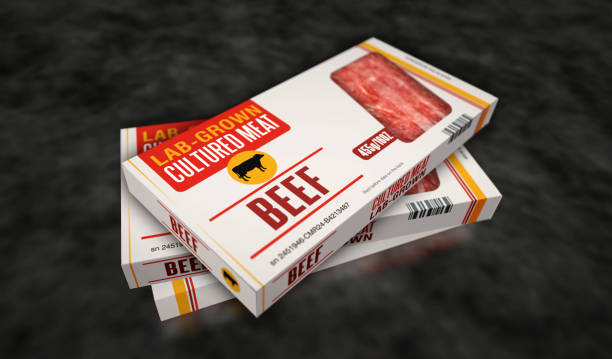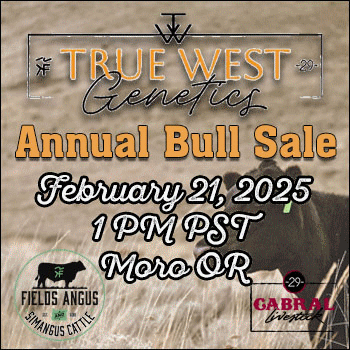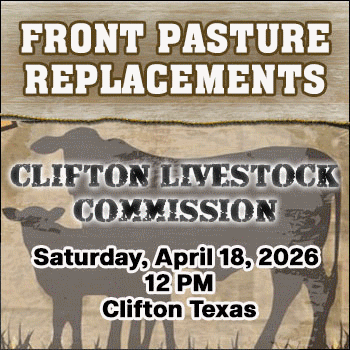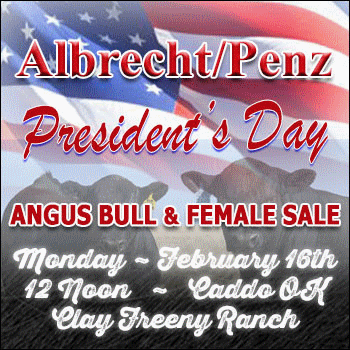Texas is now the seventh state to ban the sale of lab-grown meat, following the recent signing of Senate Bill 261 by Gov. Greg Abbott.
Set to take effect on September 1, 2025, the law will bar the sale of cell-cultured protein products for human consumption until September 7, 2027. Among supporters, the Texas & Southwestern Cattle Raisers Association has championed the law and positioned it as a consumer protection measure that also reinforces the state’s commitment to traditional livestock production.
“Ranchers across Texas work tirelessly to raise healthy cattle and produce high-quality beef,” said TSCRA President Carl Ray Polk Jr. “This legislation ensures that only animal proteins raised by natural, time-tested methods are sold to Texans.”
The signing aligns Texas with states such as Indiana, Nebraska, and Florida, where similar laws or temporary moratoriums have been enacted. In Indiana, for instance, lab-grown meat will require “imitation meat” labeling following a two-year pause in sales. Meanwhile, Florida’s law is already facing a legal challenge from UPSIDE Foods, a California-based cultivated poultry producer.
The debate over cultivated meat centers on questions of food safety, environmental impact, and transparency. Advocates such as the Center for the Environment and Welfare argue that more research is needed on the long-term effects of lab-grown meat.
“The lab-grown meat sector will continue to face headwinds as consumers and lawmakers learn more about the the lack of long-term health studies and use of ‘immortalized cells’” said Jack Hubbard, executive director of the Center for the Environment and Welfare, one of the leading critics of lab-grown meat. “We are seeing a bipartisan consumer movement against the experimental product that is gaining more and more momentum.”
Opponents of lab-grown protein also dispute sustainability claims often made by the industry. A UC Davis study found that the production of lab-grown meat could have up to 25 times the environmental impact of conventional meat, challenging the perception that it is a climate-friendly alternative.
In addition to the sales ban, proponents say that SB 261 reinforces state-level autonomy over food regulation. Lab-grown meat bans are part of pushback against federal and corporate interests that some perceive as undermining traditional agriculture.
Articles on The Cattle Range are published because of interesting content but don't necessarily reflect the views of The Cattle Range.












